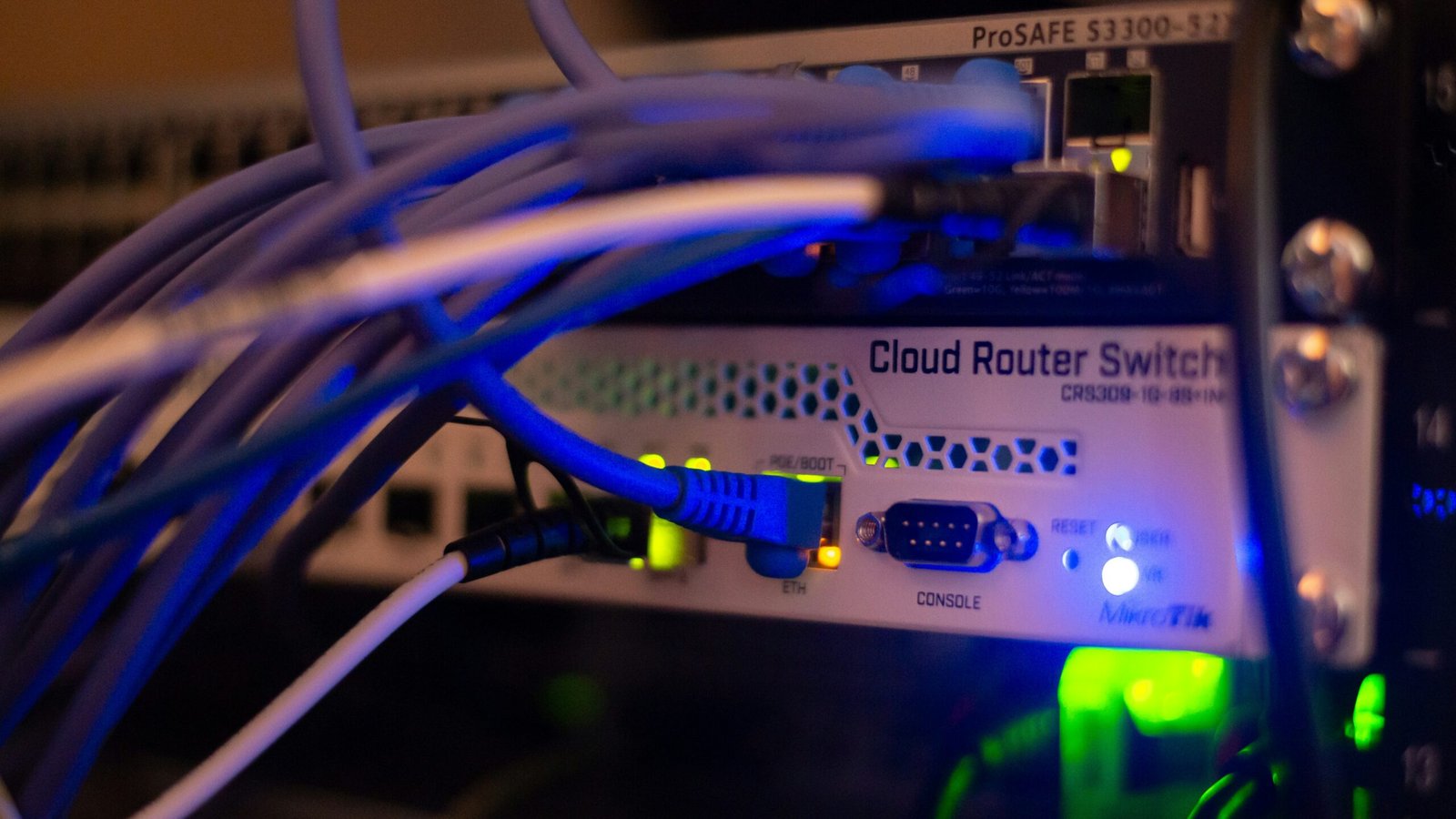Mental Health in the Mobile-First World: Strategies for Balance
In today’s fast-paced world, mental health has become a crucial aspect of our overall well-being. With the advent of mobile technology, our lives have become more connected than ever before. However, this constant connectivity can have both positive and negative impacts on our mental health. In this article, we will explore the relationship between mobile technology and mental health, and provide strategies for maintaining a healthy balance.
Understanding the Mobile-First World
The mobile-first world refers to a society where mobile devices, such as smartphones and tablets, are the primary means of accessing information and communication. This shift has been driven by the rapid evolution of mobile technology, which has made it easier for people to stay connected, work remotely, and access a wealth of information at their fingertips.
The Connection Between Mobile Use and Mental Health
Mobile technology has brought numerous benefits, such as increased access to information, improved communication, and greater convenience. However, it has also been linked to various mental health issues. On the positive side, mobile devices can help reduce feelings of isolation and provide support through online communities. On the negative side, excessive use of mobile devices can lead to anxiety, depression, and sleep disorders.
Common Mental Health Issues in the Mobile-First World
Anxiety: Constant notifications and the pressure to stay connected can lead to feelings of anxiety. The fear of missing out (FOMO) can exacerbate these feelings, making it difficult to disconnect and relax.
Depression: Social media can create unrealistic expectations and comparisons, leading to feelings of inadequacy and depression. The constant exposure to negative news and online bullying can also contribute to depressive symptoms.
Sleep Disorders: The blue light emitted by mobile devices can interfere with sleep patterns, leading to insomnia and other sleep disorders. The habit of checking devices before bed can also disrupt the body’s natural sleep-wake cycle.
The Role of Social Media
Social media has become an integral part of our lives, offering both benefits and drawbacks. On the positive side, social media allows us to stay connected with friends and family, share experiences, and access support networks. However, it can also contribute to mental health issues by promoting unrealistic standards, encouraging comparison, and exposing users to cyberbullying.
Digital Detox: What and Why?
A digital detox involves taking a break from digital devices to reduce stress and improve mental well-being. This can be as simple as setting aside specific times each day to disconnect or taking longer breaks from technology. The benefits of a digital detox include reduced anxiety, improved sleep, and increased productivity.
Strategies for Maintaining Mental Health
Setting Boundaries: Establishing clear boundaries for mobile device use can help reduce stress and improve mental health. This can include setting specific times for checking emails, limiting social media use, and creating tech-free zones in the home.
Mindfulness and Meditation: Practicing mindfulness and meditation can help reduce stress and improve mental well-being. There are numerous apps available that can guide users through mindfulness exercises and meditation practices.
Physical Activity: Regular physical activity is essential for maintaining mental health. Exercise can help reduce stress, improve mood, and increase overall well-being. Incorporating physical activity into your daily routine can help counteract the negative effects of excessive mobile device use.
Creating a Healthy Digital Environment
Curating Your Feed: Be mindful of the content you consume on social media. Follow accounts that promote positivity and well-being, and unfollow or mute accounts that contribute to negative feelings.
Limiting Notifications: Turn off non-essential notifications to reduce distractions and stress. This can help you stay focused and present in the moment.
Using Apps for Mental Health: There are numerous apps available that can help support mental health. These apps offer features such as guided meditation, mood tracking, and cognitive-behavioral therapy exercises.
Balancing Work and Personal Life
Maintaining a healthy work-life balance is crucial for mental well-being. Here are some tips for achieving balance:
- Set clear boundaries between work and personal time.
- Take regular breaks throughout the day.
- Prioritize self-care and relaxation.
- Communicate your needs with your employer and colleagues.
The Role of Employers in Promoting Mental Health
Employers play a significant role in supporting the mental health of their employees. This can include implementing workplace policies that promote work-life balance, providing access to mental health resources, and creating a supportive work environment.
The Importance of Offline Activities
Engaging in offline activities can help improve mental well-being and reduce the negative effects of excessive mobile device use. Hobbies, interests, and social interactions are essential for maintaining a healthy balance. Consider activities such as reading, gardening, or spending time with loved ones.
Seeking Professional Help
It’s important to recognize when professional help is needed. If you are experiencing persistent feelings of anxiety, depression, or other mental health issues, consider seeking support from a mental health professional. There are various types of professionals available, including therapists, counselors, and psychiatrists.
The Future of Mental Health in a Mobile-First World
As mobile technology continues to evolve, so too will the ways in which it impacts our mental health. Emerging trends and technological advancements hold the potential to both positively and negatively affect mental well-being. It’s essential to stay informed and proactive in managing our relationship with technology.
Conclusion
In conclusion, maintaining mental health in a mobile-first world requires a balanced approach. By understanding the impact of mobile technology on mental well-being and implementing strategies to manage its use, we can create a healthier and more balanced life. Remember to set boundaries, engage in offline activities, and seek professional help when needed.
FAQs
What is a digital detox?
A digital detox involves taking a break from digital devices to reduce stress and improve mental well-being.
How can I reduce my screen time?
You can reduce screen time by setting boundaries, limiting notifications, and engaging in offline activities.
What are the signs of digital addiction?
Signs of digital addiction include excessive use of mobile devices, difficulty disconnecting, and negative impacts on daily life.
How can employers support mental health?
Employers can support mental health by implementing workplace policies that promote work-life balance, providing access to mental health resources, and creating a supportive work environment.
What are some apps for mental health?
There are numerous apps available that offer features such as guided meditation, mood tracking, and cognitive-behavioral therapy exercises.










